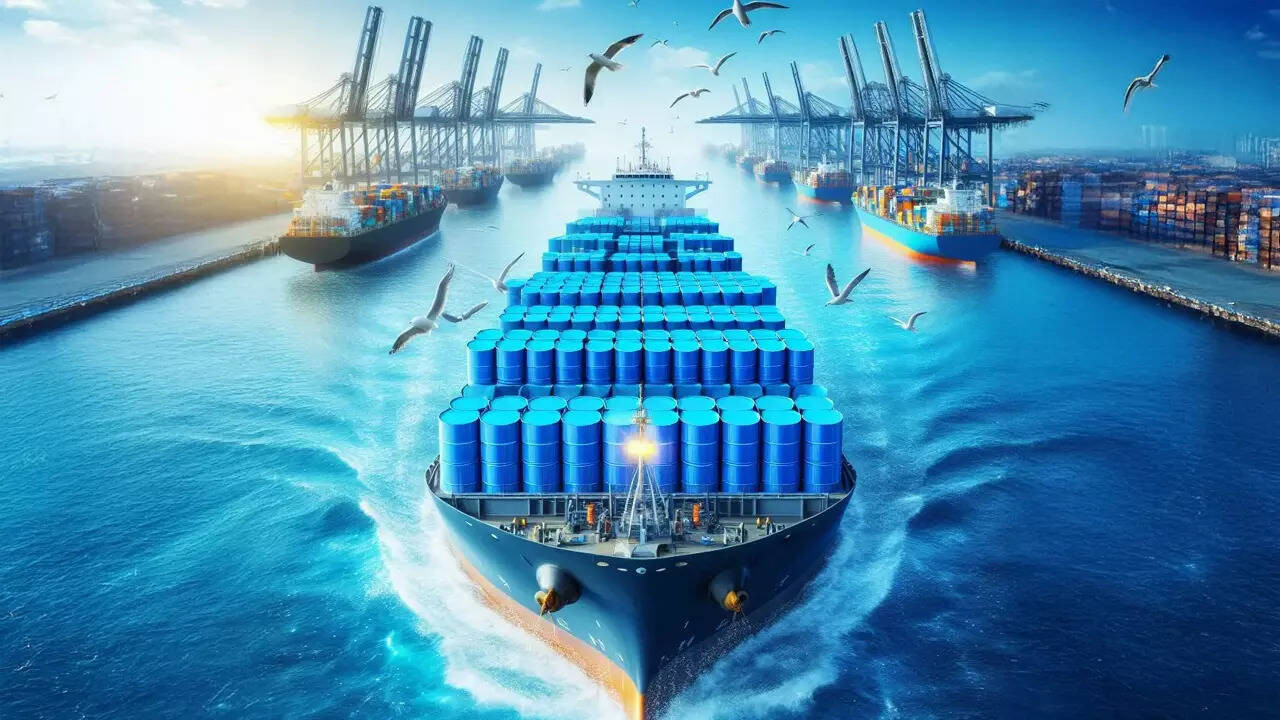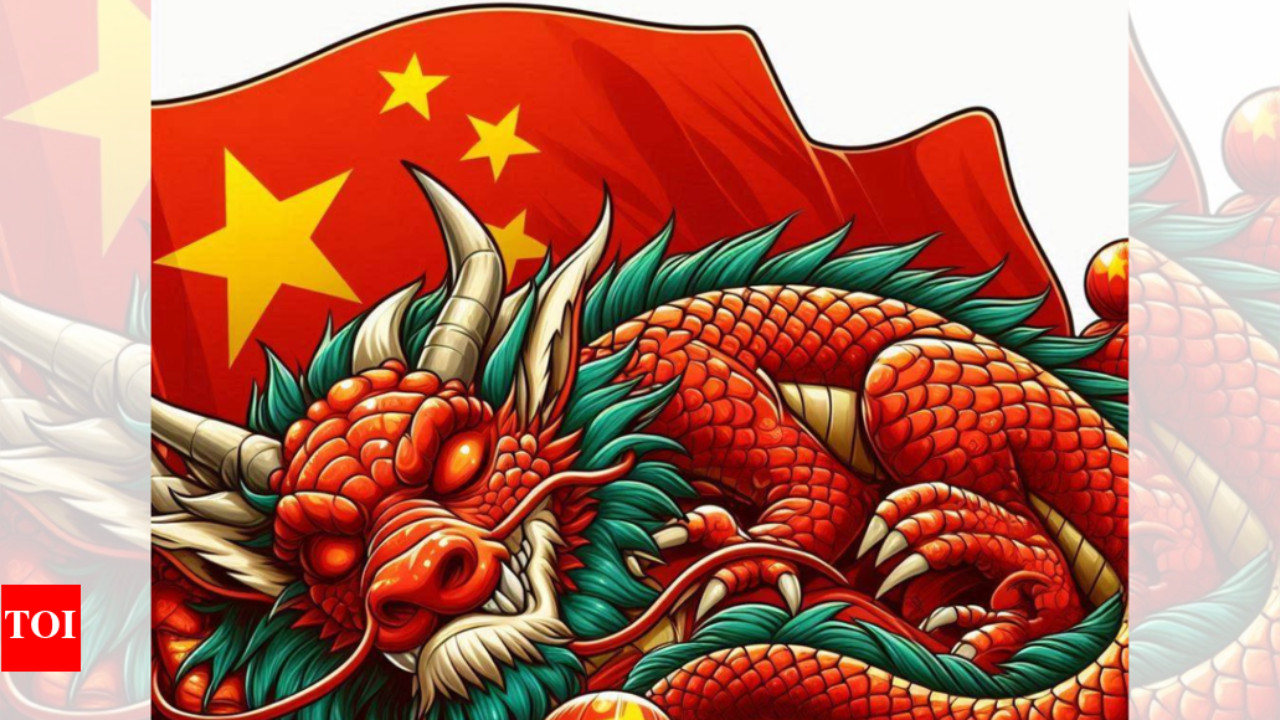The EU has imposed sanctions on Intershipping Services Hub, an Indian subsidiary of a UAE-based firm, and Captain Abhinav Kamal for allegedly aiding Russian oil trade. These sanctions, limited to EU entities, freeze European assets and restrict business dealings.
Stormy Seas: How EU Sanctions are Rippling Through Indian Shipping
The world of international shipping, usually a silent engine of global trade, has found itself caught in the crosscurrents of geopolitical tensions. The European Union’s sanctions against Russia, intended to cripple the Kremlin’s ability to finance its war in Ukraine, are now impacting unexpected corners of the globe, including an Indian arm of a UAE-based shipping company and, perhaps more surprisingly, an Indian-origin captain.
It’s a stark reminder that in today’s interconnected world, even actions targeted at specific nations can have far-reaching and complex consequences. But how exactly are these sanctions playing out in the Indian shipping landscape?
A Shipping Company Feels the Chill
The core issue revolves around crude oil. Specifically, the EU has prohibited the import of Russian seaborne crude oil, aiming a hefty blow at Russia’s primary revenue source. Companies found circumventing these sanctions face severe penalties within the EU’s jurisdiction. This is where Gatik Ship Management India, the Indian subsidiary of UAE-based Gatik Ship Management, enters the picture.
The EU has placed Gatik Ship Management under sanctions due to suspicions that it has been transporting Russian oil above the price cap imposed by the G7 nations. This price cap is another layer of the sanctions regime, designed to allow Russian oil to continue flowing to countries that need it, but at a price that doesn’t enrich the Russian government. The specific tankers involved were allegedly carrying Russian crude at prices exceeding the agreed-upon limit, thereby undermining the effectiveness of the price cap mechanism.
<img src="image-of-container-ship.jpg" alt="A container ship at sea, highlighting the complexities of crude oil transport and shipping company operations.” width=”600″ height=”400″>
The repercussions for Gatik Ship Management India are significant. European entities are now prohibited from doing business with the company, potentially hindering its operations and access to key European ports and markets. This could force the company to reroute its vessels and reassess its business strategy in the region, potentially impacting its profitability and future growth.
An Indian Captain in the Eye of the Storm
Adding another layer of complexity, an Indian-origin captain, Anand Kumar Pillai, has also been individually sanctioned by the EU. Pillai was the captain of one of the vessels allegedly involved in transporting Russian oil above the price cap. He now faces travel bans within the EU and asset freezes, a dramatic consequence for someone simply performing their professional duties.
This raises important questions about the responsibility of individuals working in the shipping industry in navigating these complex sanctions. While companies ultimately bear the responsibility for compliance, captains and crew members are on the front lines, making critical decisions about cargo and routes. The EU’s decision to sanction an individual captain underscores the seriousness with which it views violations of its sanctions regime.
Broader Implications for the Indian Shipping Sector
The Gatik Ship Management India case serves as a cautionary tale for the broader Indian shipping sector. It highlights the need for meticulous due diligence and robust compliance mechanisms when dealing with international trade, particularly involving sanctioned goods or countries. Indian shipping companies must be hyper-aware of the evolving sanctions landscape and ensure their operations adhere strictly to international regulations.
The situation also emphasizes the importance of clear communication and guidance from regulatory bodies and industry associations. Indian shipping companies need access to reliable information and expert advice to navigate the intricate web of sanctions and avoid unintentional violations. This extends to thorough vetting of clients and counterparties to ensure they are not involved in sanctioned activities. You can explore more about navigating complex compliance issues in our article on [Risk Management in Global Trade](internal-link).
Navigating a Complex Future for Indian Shipping
The EU sanctions on Russian oil are a complex and evolving situation with potential ramifications for Indian shipping companies and personnel. The case of Gatik Ship Management India and Captain Pillai demonstrates the importance of robust compliance mechanisms, due diligence, and awareness of the international sanctions landscape.
As geopolitical tensions continue to shape global trade, Indian shipping companies must prioritize compliance and risk management to avoid becoming unintended casualties of international sanctions. Only through vigilance and proactive measures can the Indian shipping sector navigate these stormy seas and maintain its position in the global market.







